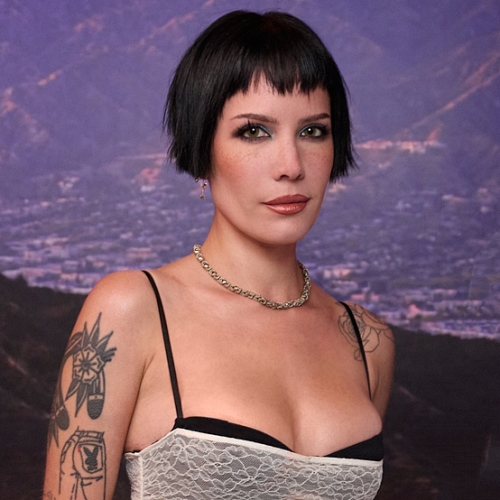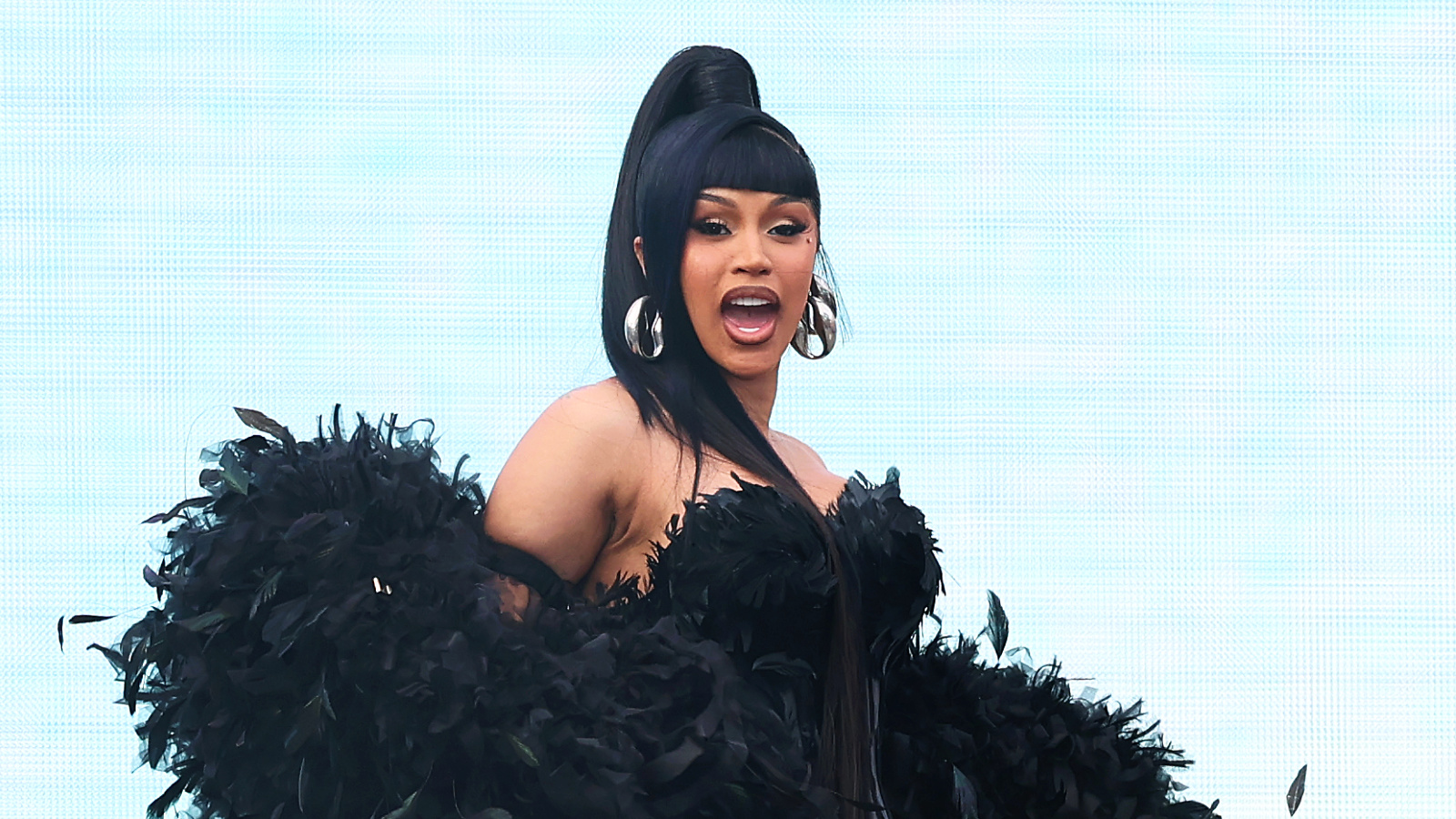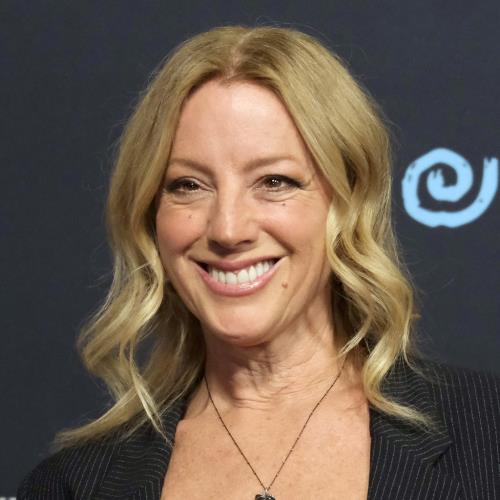Halsey explained that for a long time, she tried to distance herself from her early work, seeing it as a reminder of a younger, more naive version of herself. However, she has since embraced the album, calling it “so beloved to me” and a product of “unashamed” and “naive courage” that she couldn’t recreate today.
The conversation also touched on her two-year hiatus from music and the realities of being in the spotlight. Halsey admitted that she “did not like being that famous” and that the fame she once craved became overwhelming. She discussed how her mental health struggles and a series of personal challenges were channeled into her early music. The time off, due to both personal choice and health issues, meant she lost some of her momentum and had to confront a new generation of fans who didn’t know her music.
Despite the setbacks, Halsey remains proud of her work. She described how her acclaimed album, If I Can’t Have Love, I Want Power, was a “magnum opus” that led to her being dropped by her label, a consequence she views as a sign of the industry’s focus on numbers over art. She candidly stated that while her work is successful for an experimental artist, it’s still seen as a “failure” when compared to the mainstream pop success she once had.
















